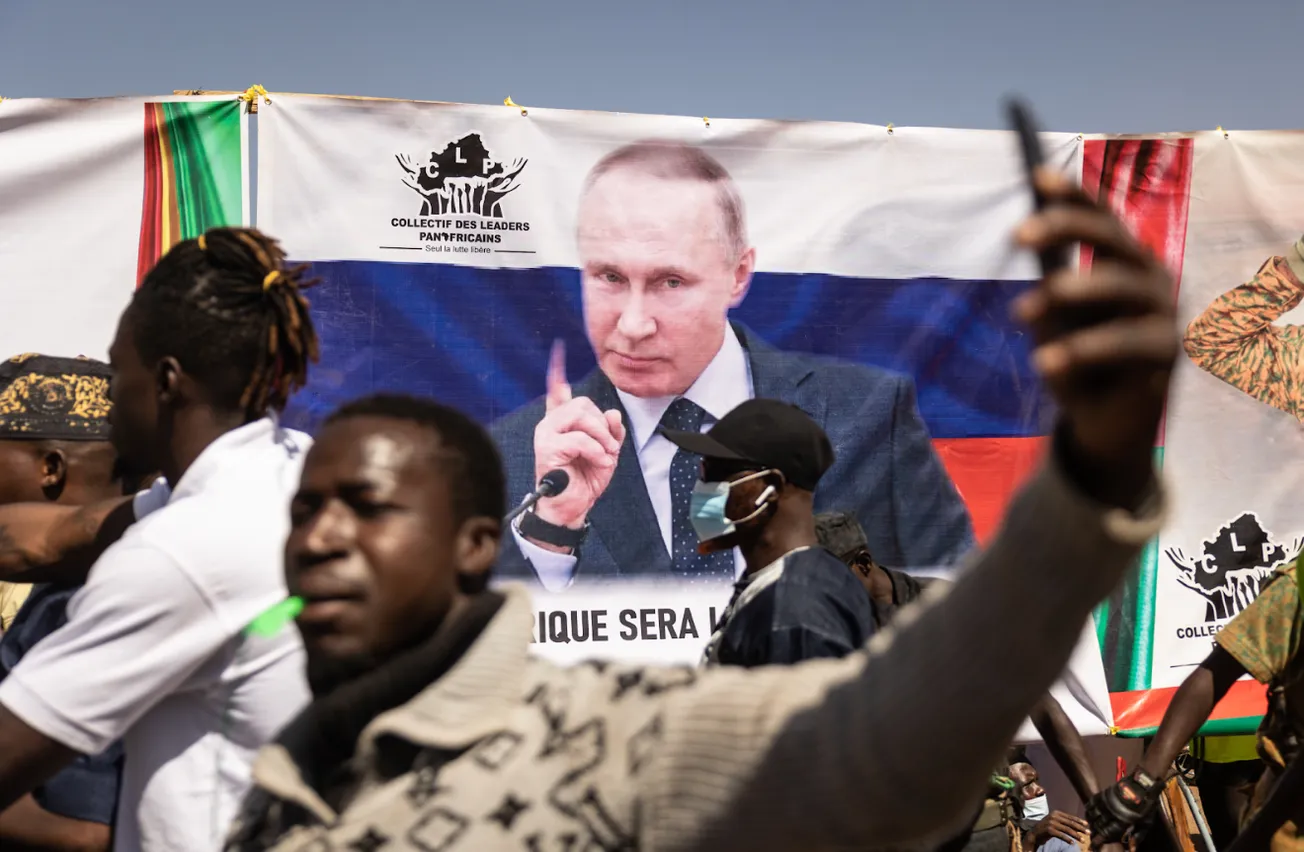Table of Contents
It turned out that we were already at the Q&A. Carl had presented a short PowerPoint that summarized how American energy production accounts for a significant amount of our energy consumption. He described geopolitical concerns that inhibit the extraction of various types of fuels. After launching into the Q&A, the conversation shifted towards a discussion of the government’s role in pursuing alternative energy.
He argued that, in general, the government should not be in a “venture capital” position for energy investment. Citing the Solyndra flop, when the federal government invested more than a half-billion dollars in a California solar panel company that subsequently went bankrupt, Carl claimed that the government “should not pick winners.” Otherwise, the result is similar to desert solar farms in California where people are “building nothing near no one.”
Is Solyndra a straw man for the Obama administration, or is it representative of the government’s track record? Regardless of the domestic debate, Carl has seen similar failures internationally. He discussed how the Chinese government wasted investment in renewables, and how in India, nuclear energy use is on the rise but not as quickly as what India projects. Private companies, he concluded, are best suited for the role of energy investment.
This could be a blanket condemnation of the government role. Tax credits have been very effective historically in addressing the market failure for alternative energy. Maybe there are times when investment shouldn’t be used and times when it should be combined with alternative tools. In other words, should we place the problem on a spectrum? Share your thoughts in the comments below.
Jeremy Carl is a research fellow at the Hoover Institution and a member of the Shultz-Stephenson Task Force on Energy Policy, whose work focuses on energy and environmental policy, with an emphasis on energy security, climate policy, and global fossil fuel markets. In addition, he writes extensively on US-India relations and Indian politics.




